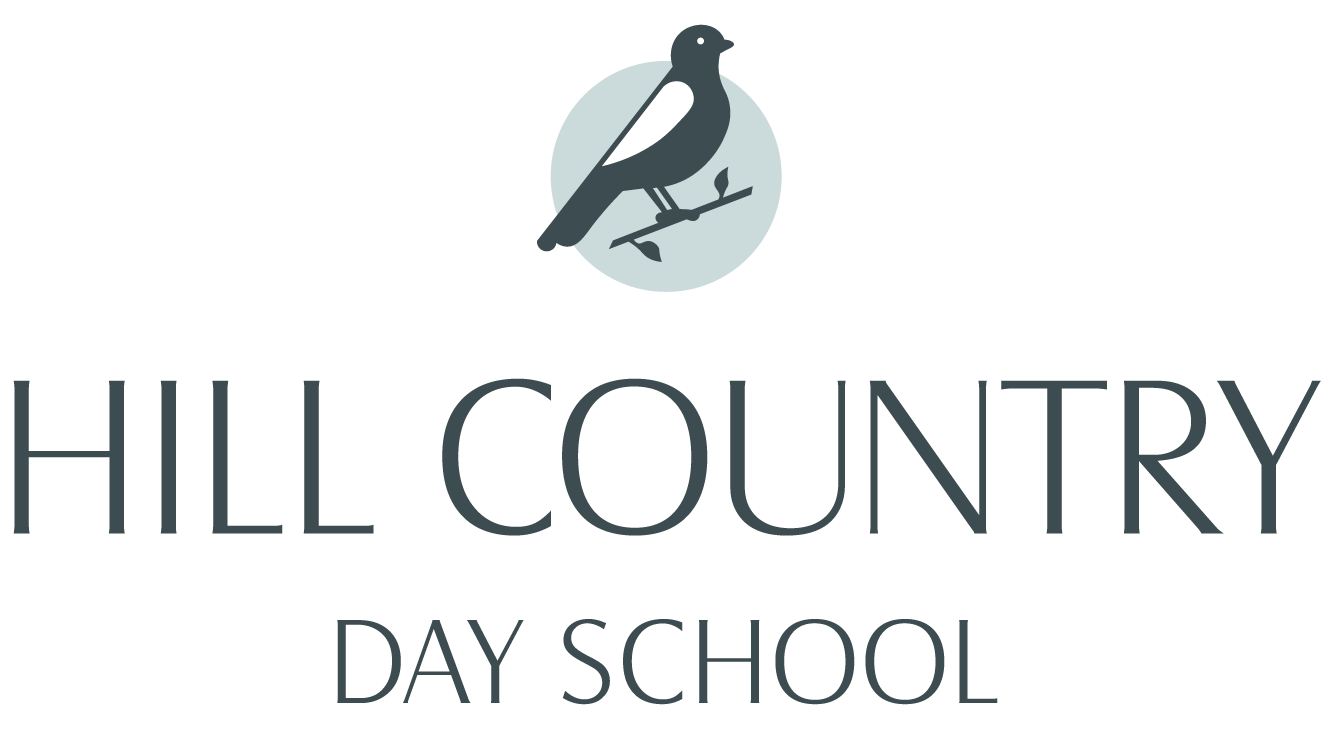Why We Skip Baby Talk at Hill Country Day School
Walk into any room with a baby or toddler, and you might hear that high-pitched, sing-songy “baby talk” voice: “Who’s a widdle cutie pie?” It’s sweet, instinctive, and—let’s be real—hard to resist. But at Hill Country Day School, we will take a different approach. We won’t talk baby talk to babies or kids, and there’s a good reason why. Clear, natural language isn’t just a preference—it’s a powerful tool for their growth, communication, and confidence. Here’s why we’re all about real talk instead.
Language Shapes the Brain
From the moment they’re born, babies are wired to learn language. Their brains are like sponges, soaking up every sound, word, and rhythm they hear. When we use baby talk—think exaggerated tones or made-up words like “baba” for bottle—it can muddy the waters. Real words, spoken clearly and naturally, help them connect sounds to meaning faster. At Hill Country Day School, we will use word like “bottle” or “milk,” giving little ones a head start on understanding and mimicking proper speech. Research backs this up: babies exposed to rich, adult-like language tend to build bigger vocabularies earlier.
Building Communication Skills
Toddlers are at a critical stage—testing out words, stringing sentences together, and figuring out how to express themselves. When we meet them with baby talk, we’re not giving them the full picture of how language works. Imagine learning a new skill with half the instructions missing—it’s harder to catch up. By using full sentences like “Let’s put on your shoes” instead of “Shoesies on, yay!” we model how to communicate clearly. At Hill Country Day School, we want kids to feel heard and understood, and that starts with giving them the real tools to talk back.
Respecting Their Dignity
Kids, even the tiniest ones, are people—not just adorable props. Baby talk can sometimes feel like we’re talking at them instead of to them, which misses a chance to build a real connection. When we speak naturally—“You look happy today!” or “Are you ready to play outside?”—we’re showing them respect and inviting them into a conversation. It’s a subtle shift, but it matters. At our school, we see every child as a capable learner, and our language reflects that belief.
Setting the Stage for Confidence
Clear speech doesn’t just help with words—it boosts confidence. When kids hear and practice real language, they’re more likely to feel empowered to express their thoughts and needs. Think about a toddler saying “I want water” instead of pointing and whining—they’re learning their voice has power. At Hill Country Day School, we will skip the cutesy stuff so kids can step into their own strength sooner. Plus, as they grow, they won’t need to unlearn habits like “me want” for “I want”—they’ll already be ahead of the game.
How We Do It
Ditching baby talk doesn’t mean we will be stern or boring—far from it! Our teachers will use warm, engaging tones, plenty of smiles, and playful rhythms to keep kids hooked. We might say, “Look at that big, red ball—want to kick it?” with enthusiasm, but without the distortion. It’s about meeting them where they are while gently lifting them up.
At Hill Country Day School, we will be all about real connections and real growth. Skipping baby talk isn’t just a quirk—it’s our way of honoring kids as learners and communicators from day one. So, let’s chat with them like they’re ready to chat back—because they are.
